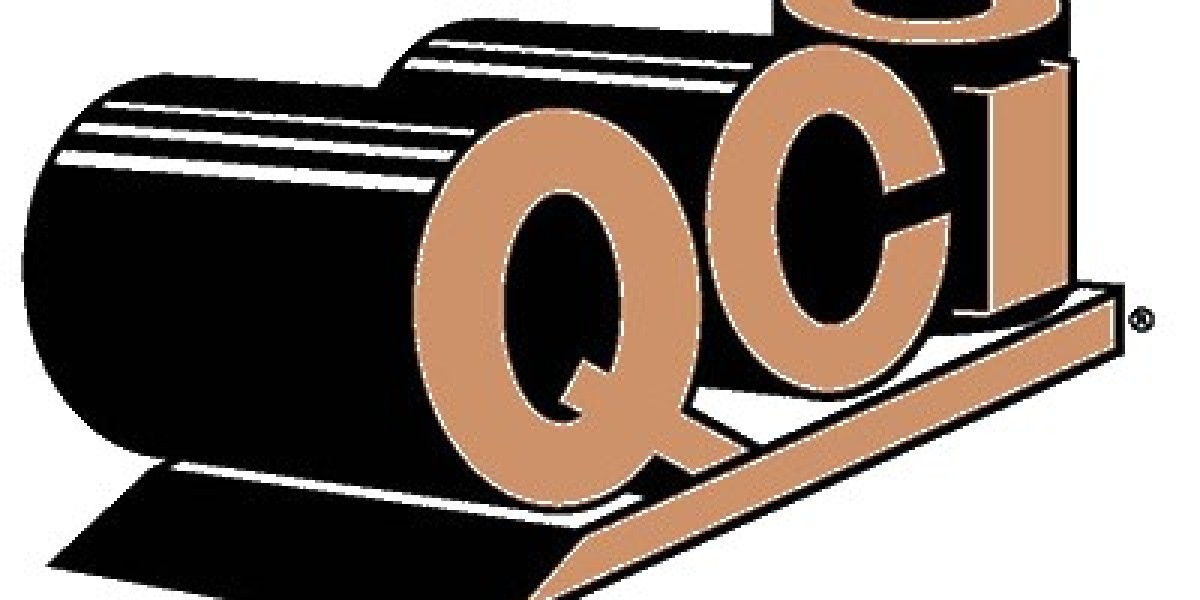Electromagnetic coil winding is a fundamental technique employed in various industries, from electrical engineering to manufacturing and beyond. Its application spans from creating transformers and inductors to motors and sensors, forming the backbone of numerous devices we encounter daily. This intricate process involves precision, skill, and an understanding of electromagnetic principles. Let's delve into the art of electromagnetic coil winding, exploring its significance, methods, and applications.
Understanding Electromagnetic Coil Winding:
At its core, electromagnetic coil winding involves wrapping conductive wire around a core material to create a coil. The coil generates a magnetic field when an electric current passes through it, a fundamental principle of electromagnetism. The number of turns, wire gauge, and core material significantly impact the coil's properties, such as inductance, resistance, and magnetic strength.
The Importance of Precision:
Achieving precision in coil winding is crucial for optimal performance. Each coil's specifications, including the number of turns and wire gauge, must align precisely with the intended application. Automated winding machines or manual techniques ensure accuracy, accounting for factors like wire tension and layer alignment to avoid gaps or overlaps, which can affect the coil's functionality.
Methods of Coil Winding:
Manual Winding: This traditional method involves hand-guiding wire around the core. While it offers flexibility and control, it's time-consuming and requires skilled labor.
Semiautomatic Winding Machines: These machines aid in wire guiding and tension control, enhancing efficiency while maintaining precision.
Fully Automatic Winding Machines: Employed in mass production, these machines automate the entire winding process, ensuring consistent quality and high output rates.
Coil Winding Materials:
The choice of core material significantly impacts a coil's characteristics. Common materials include ferrite, iron, laminated cores, and even air for certain applications. Additionally, the wire used, typically copper or aluminum, impacts conductivity and heat dissipation.
Applications Across Industries:
Electrical Engineering: Transformers and inductors are vital components in power distribution, converting voltages, and managing electrical currents.
Automotive Industry: Electromagnetic coils are integral to ignition systems, electric motors, and sensors in vehicles.
Consumer Electronics: From smartphones to household appliances, coils are present in speakers, wireless chargers, and various sensors.
Challenges and Innovations:
Precision in coil winding continues to be a challenge, especially with the demand for miniaturization and increased efficiency. Innovations in automated winding technologies and advanced materials aid in meeting these challenges, allowing for smaller, more powerful coils with enhanced performance.
For More Info:-
No previous experience necessary jobs








